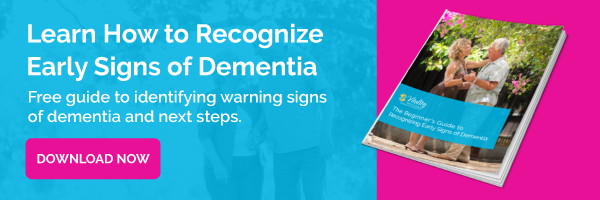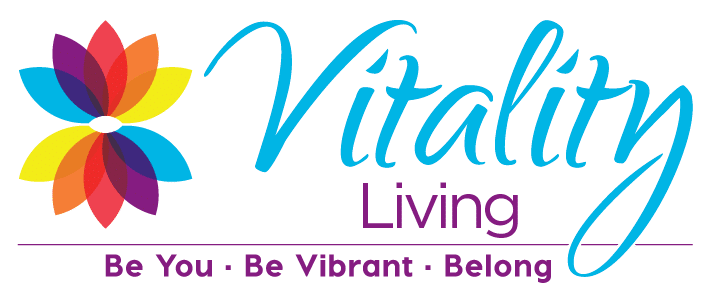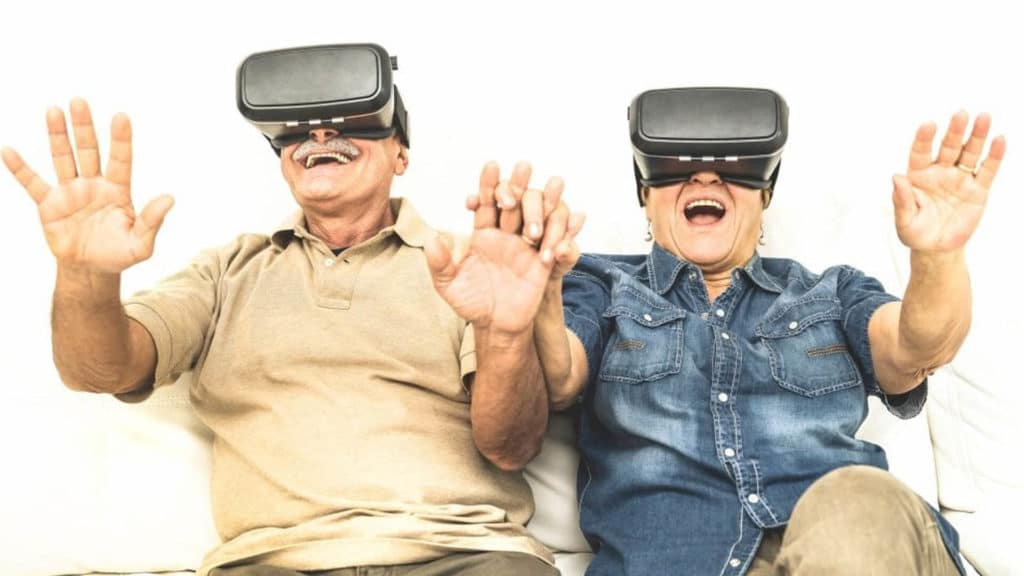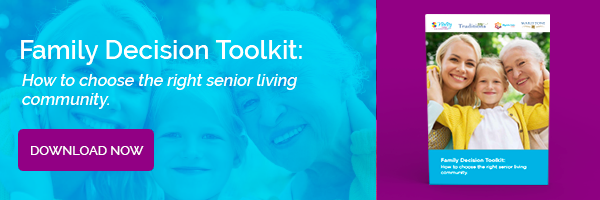If you are the adult child or spouse of a senior with Alzheimer’s disease, you know how challenging the days can be. And how unpredictable. The very nature of the disease means an adult with dementia may have a great morning followed by an afternoon fraught with frustration and agitation.
Dementia experts say engaging in meaningful activity can help calm anxiety and restlessness. But finding activities that allow a senior with memory loss to feel successful can be a struggle. This is why the idea of virtual reality is intriguing to many.
What is Virtual Reality?
Virtual reality (VR) is a broad term that is used to refer to everything from three dimensional games teenagers play online to training programs for professionals like pilots and police officers.
Participants wear a virtual reality headset and goggles that work together to stimulate a particular environment. It might be an exercise to help the military teach preparedness or for a pilot to practice flying maneuvers.
Now there is growing interest and research surrounding the idea of using virtual reality to help improve the quality of life for adults with dementia.
Virtual Reality for Adults with Dementia
Part of the challenge in helping adults with dementia feel joyful and productive is that their memory is impaired. Short-term memory is often affected most profoundly.
Virtual reality can allow a senior to be transported back to a time that looks and sounds familiar. And programs like The Wayback seem to be leading the way in helping to connect people with dementia to virtual reality.
For Dan Cole, the program’s co-founder, the work is personal. His father had Alzheimer’s. He watched the disease rob his Dad of his ability to remember and to communicate. His hope is to make it easy for families to use familiar photos and props from a senior’s past to create short virtual reality experiences.
And then there are physicians who are using virtual reality to schedule “appointments” with patients who have dementia. Instead of requiring an already overloaded family caregiver to bring the senior to a physician’s office, VR allows the office to come to them.
It is a little more involved than just a simple Skype call. Virtual physician appointments take advantage of tools such as a digital stethoscope to listen to a patient’s heart or a digital otoscope to look into their ears.
This eliminates the stress that often results when a person with memory loss is taken out of their familiar environment. And it makes it easier for the caregiver who might worry about a loved one’s safety on the way to and from a physician’s office.
While the use of virtual reality is still new when it comes to working with seniors who have dementia, it is a promising technology to watch.
Vitality Senior Living Complimentary Dementia Guide
Sometimes the signs of dementia are clear and leave no doubt there is a problem. Then there are times when an adult child may sense things aren’t quite right, but can’t articulate why. It might be several small concerns that have them wondering.
Negative stereotypes about older adults, especially those with dementia, may stand in the way of a senior receiving the best possible care. Storytelling can change attitudes by revealing an older adult’s personality beyond the disease. It can also help paint a picture of the senior’s life story for those who didn’t know them before the diagnosis.
This is why Vitality Senior Living created a free guide to recognizing early signs of dementia. Our free guide walks you through an overview of dementia, including the earliest signs and symptoms.
We hope this guide helps you and your family find the answers you are seeking. If you have more questions, we encourage you to contact a Vitality Senior Living community near you. One of our experienced team members will be happy to help!




